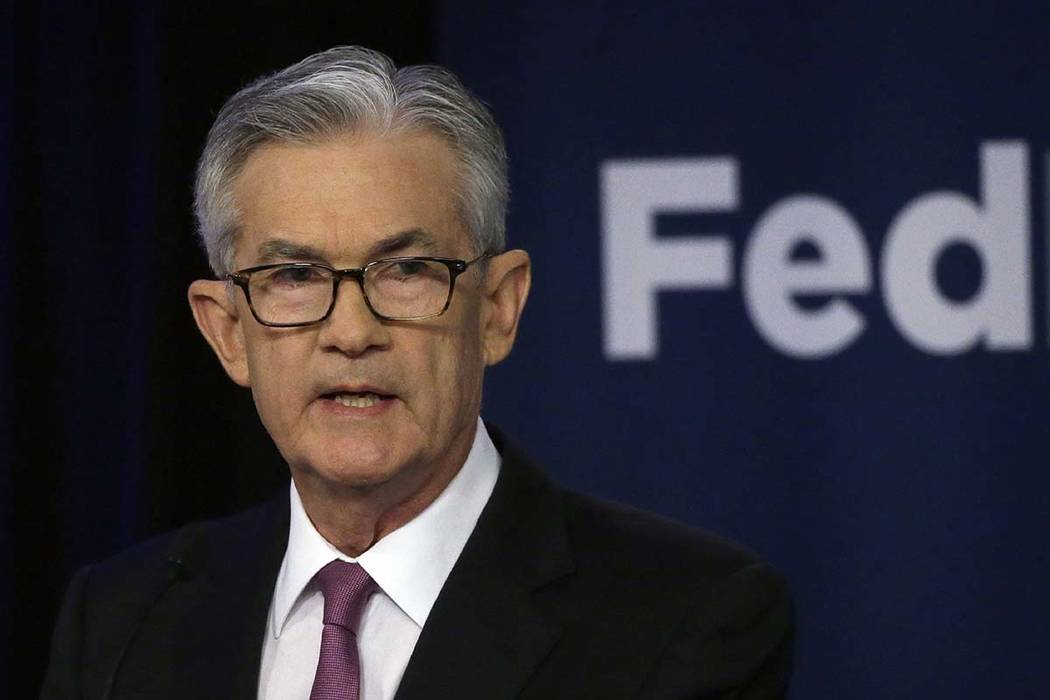Fed leaves rate unchanged, expects inflation to stay low through 2019

WASHINGTON — The Federal Reserve is leaving its key interest rate unchanged but signaling that it’s prepared to start cutting rates if needed to protect the U.S. economy from trade conflicts and other threats.
The Fed left its benchmark rate — which influences many consumer and business loans — in a range of 2.25% to 2.5%, where it’s been since December.
While not changing rates, Fed officials say that uncertainties “have increased” and for that reason the central bank was prepared to “act as appropriate to sustain the expansion.”
That language echoes comments Fed Chairman Jerome Powell made two weeks ago that triggered a huge stock market rally as investors started believing rate cuts are on the way. As expected the Fed removed a pledge to be “patient” in changing rates.
A survey of the 17 Fed officials showed that nearly half now expect at least one rate cut this year, with seven projecting two cuts. At the March meeting, no officials had forecast a rate cut.
The Fed said it expects inflation to finish this year noticeably below its 2% target, a trend that could make it more likely policymakers will cut short-term interest rates in the coming months.
In its latest set of economic projections, Fed policymakers forecast that its preferred inflation gauge would increase just 1.5% by the end of 2019 compared with a year earlier, down from its March forecast of 1.8%. It sees core inflation, which excludes the volatile food and energy categories, finishing the year at 1.8%, down from 2% in March.
Fed policymakers also note in their statement that financial markets are expecting inflation to slow. That is typically a concern because inflation expectations can become self-fulfilling. If business executives, for example, expect inflation will be lower, they will likely limit their own price increases.
In April, Fed Chairman Jerome Powell said that the weak inflation readings would be “transitory.”